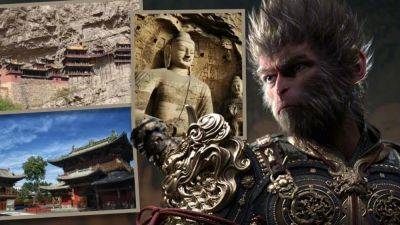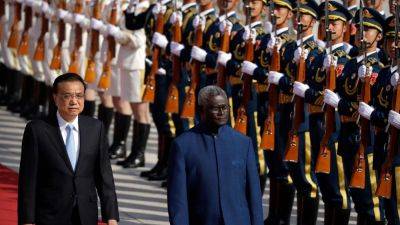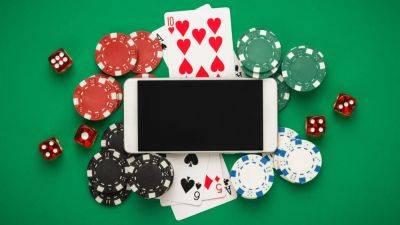Black Myth: Wukong and Chinese cultural confidence
Last week, the Chinese video game “Black Myth: Wukong” garnered 2.3 million concurrent players in two days and sold 4.5 million copies, ranking second among all games ever featured on Steam, the global video game platform.
The emergence of such a game, developed by the Tencent-backed startup GameScience over the past seven years, is not a coincidence. Whether the game designers intended it or not, the game’s global popularity marks a profound shift in China’s society and its relationship with the world.
China is transitioning from a focus on manufacturing to entertainment, from connecting with the world through material goods to engaging a global audience with evocative, intangible stories.
For decades, Hollywood movies, Disney and Pixar animations have been the go-to sources of entertainment for billions of people around the world, and they likely will remain so for a long time.
Consumers in countries speaking various languages have absorbed American aesthetics and ways of storytelling through these blockbusters.
The witty, the violent, the romantic and the thrilling—all that define dramatic stories produced in the US—have shaped the screen culture of many across the world.
While critiques of some of the unhealthy content have never ceased, the dominance of US screen culture cannot be overstated.
Storytelling that resonates
But the success of “Black Myth: Wukong” reveals a shift in this dynamic. How could the story of a Monkey King from the 16th century be so successful?
It is certainly not because it is Chinese but because the themes revealed in the mythology resonate with people from any cultural background.
The world is currently in a volatile state, with wars, economic instability, exacerbating climate crises and







